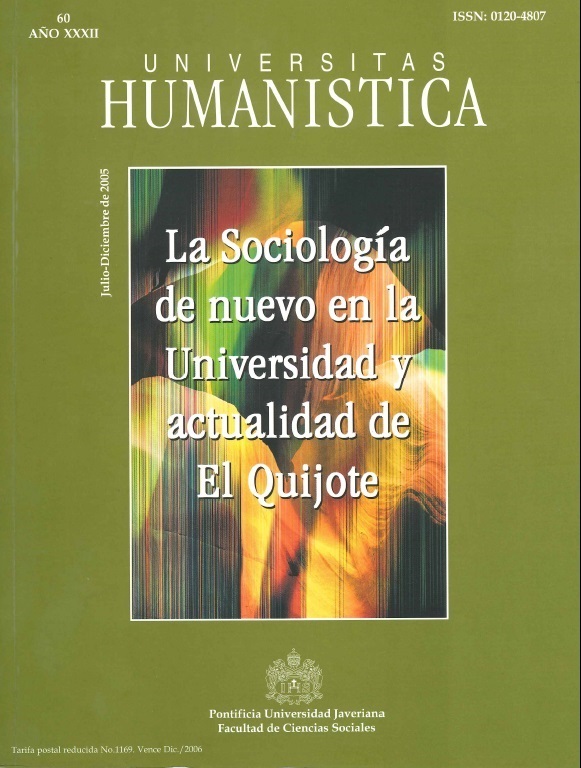Abstract
Este artículo pretende realizar una crítica a las interpretaciones dualistas que afirman una diferenciación tajante entre el carácter formal e informal de la economía del comercio callejerero. Se ha llevado a cabo un análisis de la forma como el pequeño comerciante de la calle se vincula al sistema de distribuación general y un examen de las consecuencias que tiene este vínculo en la configuración de condiciones diferenciales de ingresos, niveles de ganancia y bienestar para los vendedores callejeros. El artículo argumenta que el comercio callejero es una actividad socioeconómica diferenciada que se mueve en un amplio rango de funciones que van desde la subsistencia hasta el desarrollo de una actividad altamente lucrativa y bien organizada. Se ha concluido que el vendedor callejero no puede entenderse como un trabajador independiente cuyo único objetivo es la subsitencia, sino como parte de una sofisticada cadena de distribución que opera en el nivel local, nacional y global.

This journal provides immediate open access to its content on the principle that making research freely available to the public, encourages greater global exchange of knowledge.
The journal Universitas Humanística is registered under a Creative Commons Attribution 4.0 International Public License. Thus, this work may be reproduced, distributed, and publicly shared in digital format, as long as the names of the authors and Pontificia Universidad Javeriana are acknowledged. Others are allowed to quote, adapt, transform, auto-archive, republish, and create based on this material, for any purpose (even commercial ones), provided the authorship is duly acknowledged, a link to the original work is provided, and it is specified if changes have been made. Pontificia Universidad Javeriana does not hold the rights of published works and the authors are solely responsible for the contents of their works; they keep the moral, intellectual, privacy, and publicity rights.
Approving the intervention of the work (review, copy-editing, translation, layout) and the following outreach, are granted through an use license and not through an assignment of rights. This means the journal and Pontificia Universidad Javeriana cannot be held responsible for any ethical malpractice by the authors. As a consequence of the protection granted by the use license, the journal is not required to publish recantations or modify information already published, unless the errata stems from the editorial management process. Publishing contents in this journal does not generate royalties for contributors.


